We have much more to do and your continued support is needed now more than ever.
Our Plan to Restore the Gulf Coast for People and Wildlife
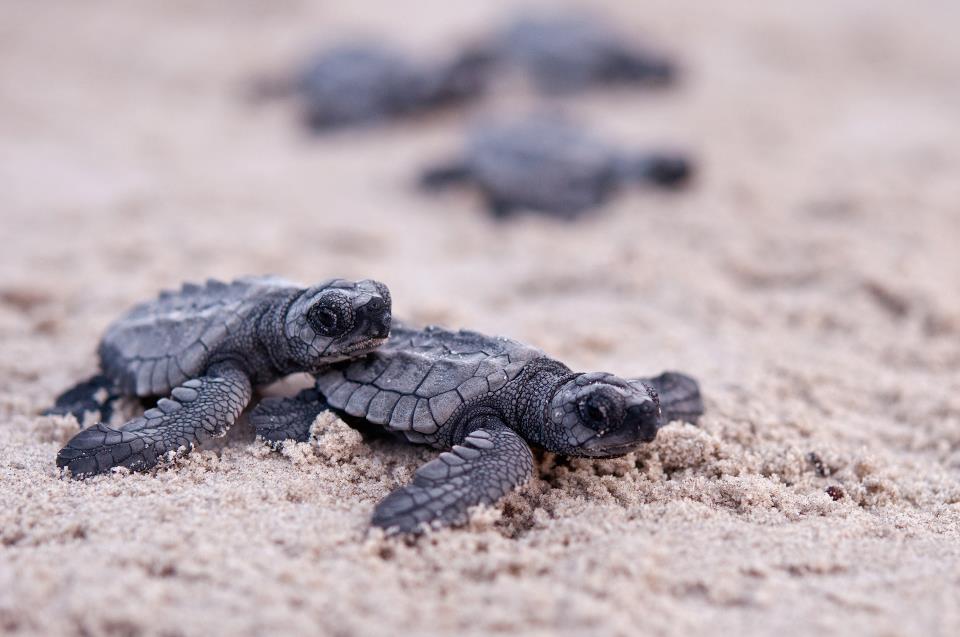
America’s Gulf Coast stretches over 1,700 miles and is home to 15,000 species of fish and wildlife, making it one of the most biodiverse areas in the country. It’s also one of the fastest-growing—the counties that border the Gulf are home to approximately 65 million people.
Over the past 25 years, our team has been instrumental in securing Congressional support for Everglades restoration; we’ve advanced large-scale coastal restoration in Louisiana; worked to ensure that Texas bays have the freshwater they need to support fish and wildlife; brought national and international attention to the Gulf region directly following the 2010 Deepwater Horizon oil spill and worked to ensure penalties were spent on ecosystem restoration in the Gulf.
While the oil spill was a catastrophe with impacts that still linger, the ecosystem was in trouble long before the months-long struggle to control the well-dominated headlines. In recent years, we’ve made significant strides across the Gulf Coast with the help of our partners and people like you.
We’ve worked with the Sea Turtle Conservancy in Florida to update lighting ordinances in over a dozen coastal municipalities. We’ve educated the public on how to live alongside manatees in Southwest Florida and the Panhandle. And we’ve worked with Tampa Bay communities to raise awareness about climate change impacts and how to build resilience.
In Louisiana, where we’re facing one of the fastest coastal land loss rates in the world; we have long championed a science-based, community-backed plan to implement billions of dollars’ worth of restoration projects that will reconnect the Mississippi River with its delta, create new coastal habitats, and protect New Orleans and other communities from hurricanes. Much of the funding for this critical work comes from the fines BP paid after the oil spill, and NWF and our partners are working to ensure we get the most impactful restoration from that investment.
To date, dozens of landscape-scale restoration projects have already been built or are underway, protecting communities and enhancing habitat. Despite recent political headwinds, we continue to champion the critical restoration projects at the scale needed to protect communities in the Mississippi River Delta, like sediment diversions, barrier island restoration, and large-scale marsh creation. Our team’s scientific analysis was instrumental in keeping Neptune Pass—a spontaneous break in the river’s levees that is already naturally creating new land—flowing in southeast Louisiana.
Our team is also taking our resilience experience further up the Mississippi River, from Arkansas to Illinois, to help communities advance natural infrastructure solutions to address chronic flooding and water management issues.
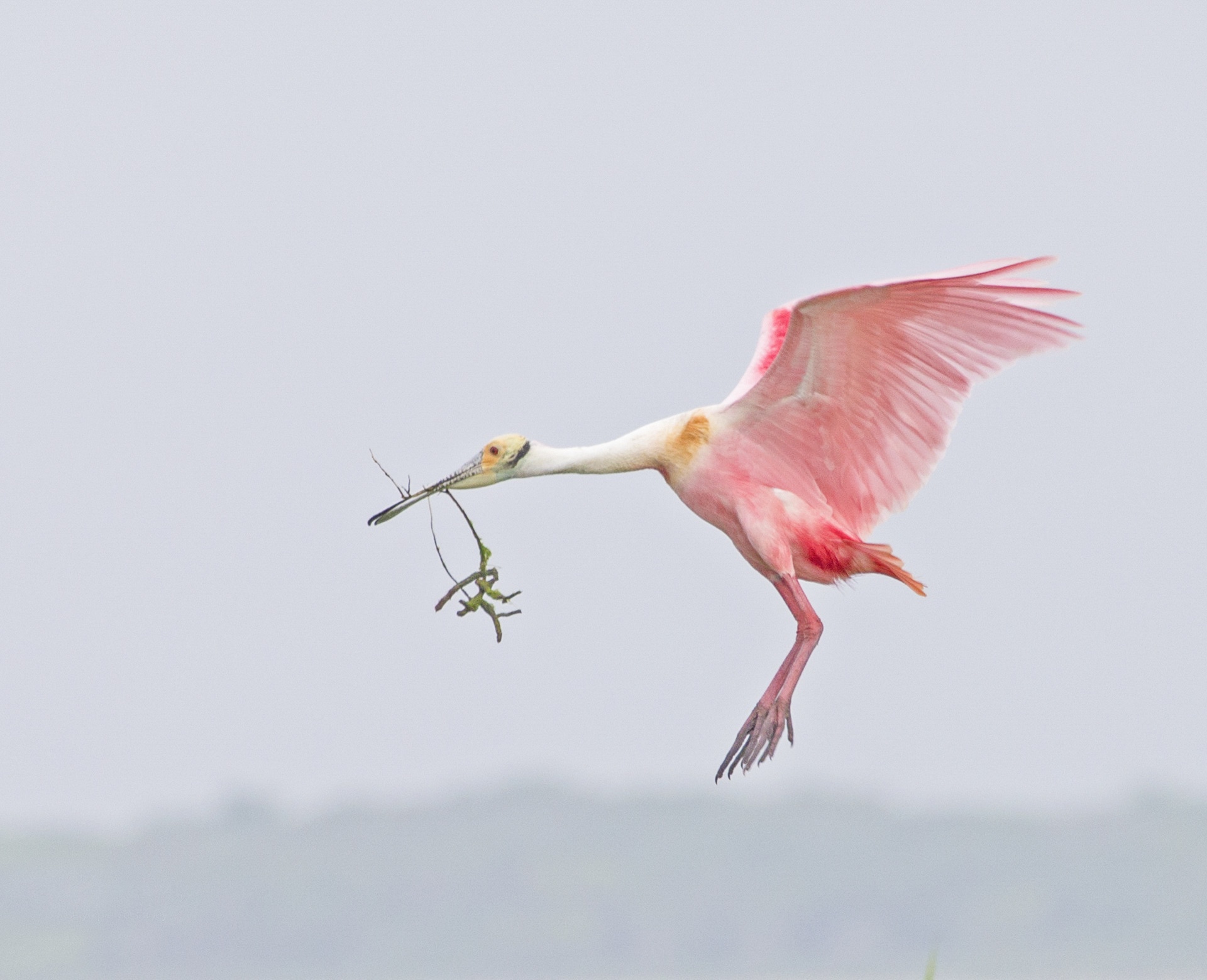
Our 2025-2030 Strategic Plan for the Gulf expands on this work with long-term, sustainable solutions for coastal habitats and communities from Texas to Florida.
The plan lays out five goals:
Creating Public and Political Support
To advance the large-scale restoration needed to protect vulnerable communities across the Gulf and along the Mississippi River, NWF will work with key stakeholders to expand our reach and impact, grow public and decision-maker knowledge of the work that needs to be done, and build local, state and federal support for projects by demonstrating stakeholder support.
Supporting Comprehensive Planning
Successful restoration planning processes depend on two elements: a strong foundation in science and robust community support. NWF has a long history of influencing these kinds of plans, such as the Comprehensive Everglades Restoration Plan, Louisiana’s Coastal Master Plan and Tampa Bay’s new Coastal Master Plan – the first of its kind in Florida.
Diversifying Funding Streams
Deepwater Horizon settlement funds will continue to be paid out through 2032. NWF will advocate for diversified funding sources and robust state and federal funding so we can continue to restore habitat, conserve wildlife and protect communities.
Promoting Nature-Based Solutions
Flooding and water quality projects that incorporate natural elements, such as wetlands and oyster reefs, are a win-win-win. We will advocate for these “nature-based solutions” that protect communities from storms and improve wildlife habitat, often at a lower cost than “hard” solutions such as levees and sea walls.
Advancing Climate Solutions
Intensifying climate change will bring multiple new threats for people and wildlife along the Gulf. We will advocate for policies and practices that promote clean energy, working with communities to identify new clean energy options for “America’s Energy Coast.”
Despite the challenges, including federal funding cuts to states, shifting political priorities and increasingly destructive storms and flooding, we remain optimistic about what we can achieve in the next five years and the decades to come.
Read the 2025-2030 Gulf Strategic Plan here. Learn more about the Gulf program here, and follow us on Facebook!

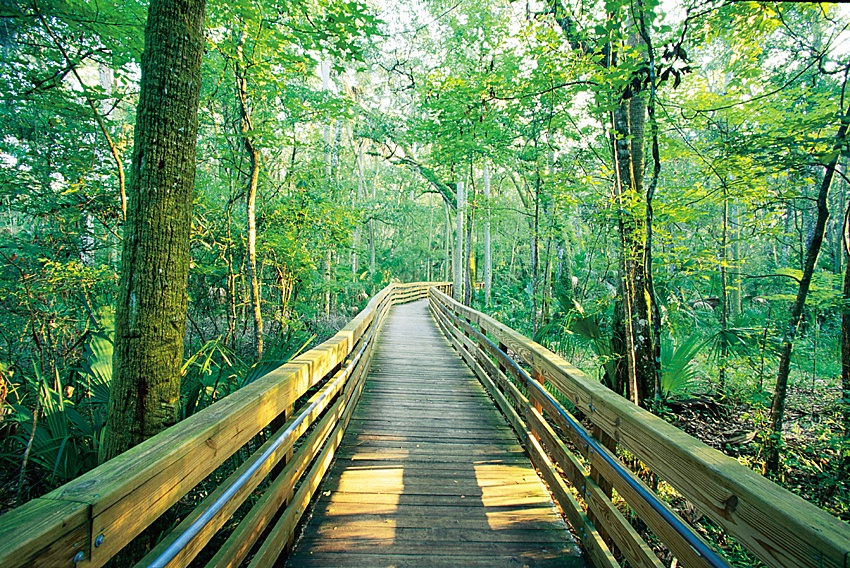
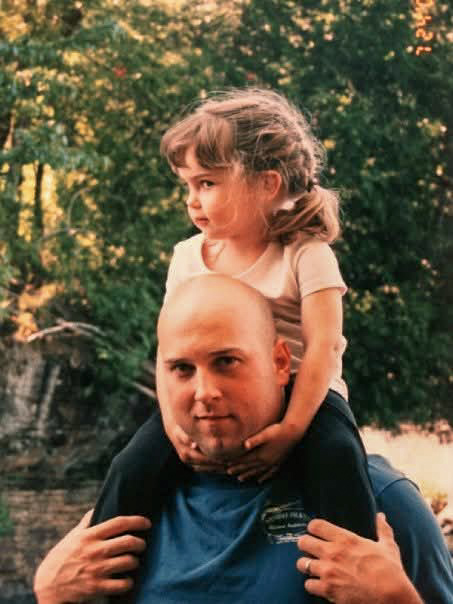








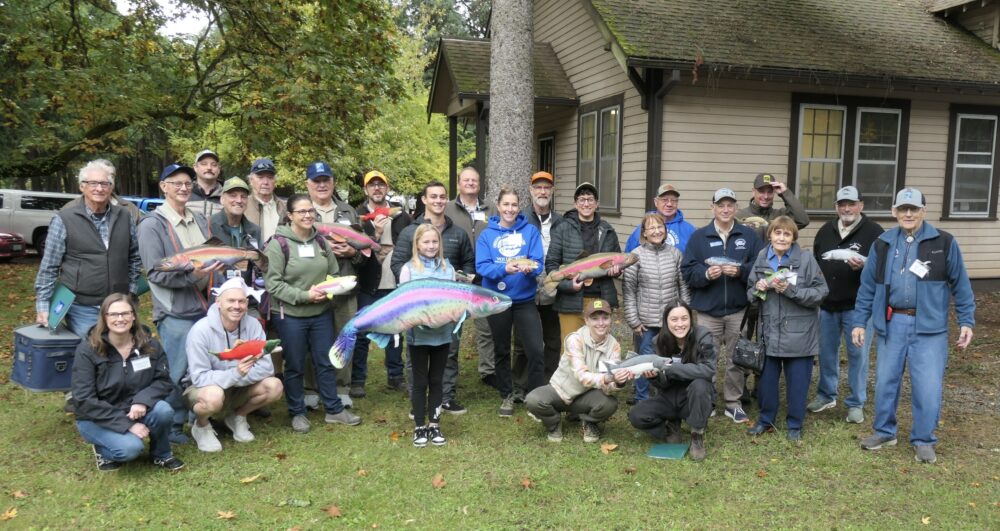
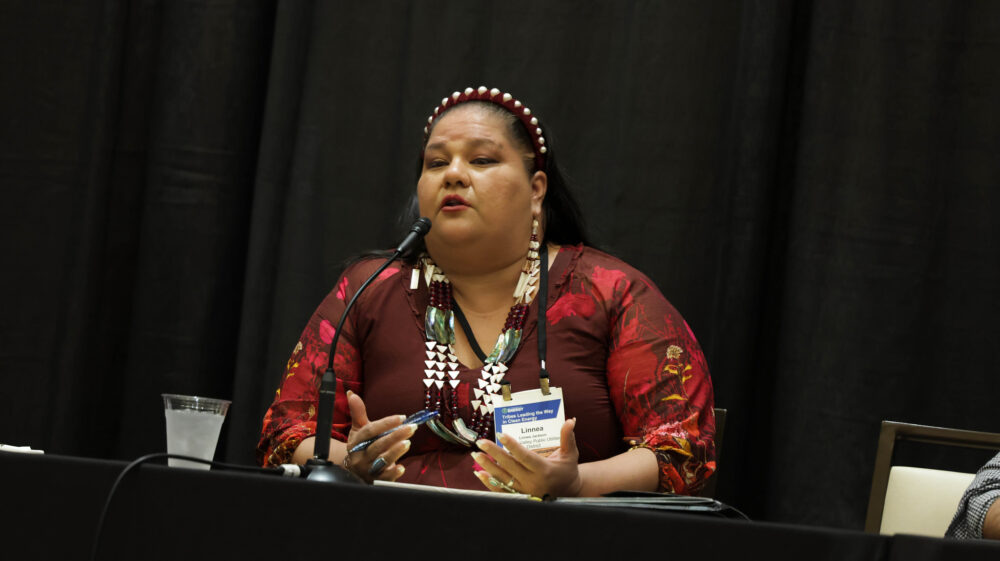
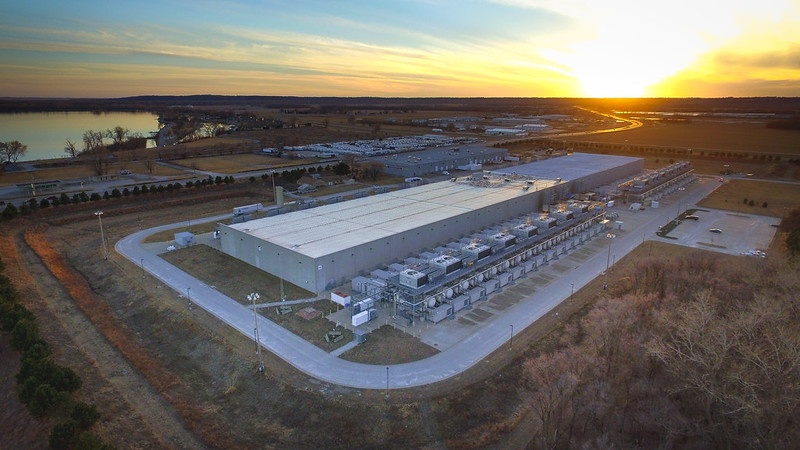



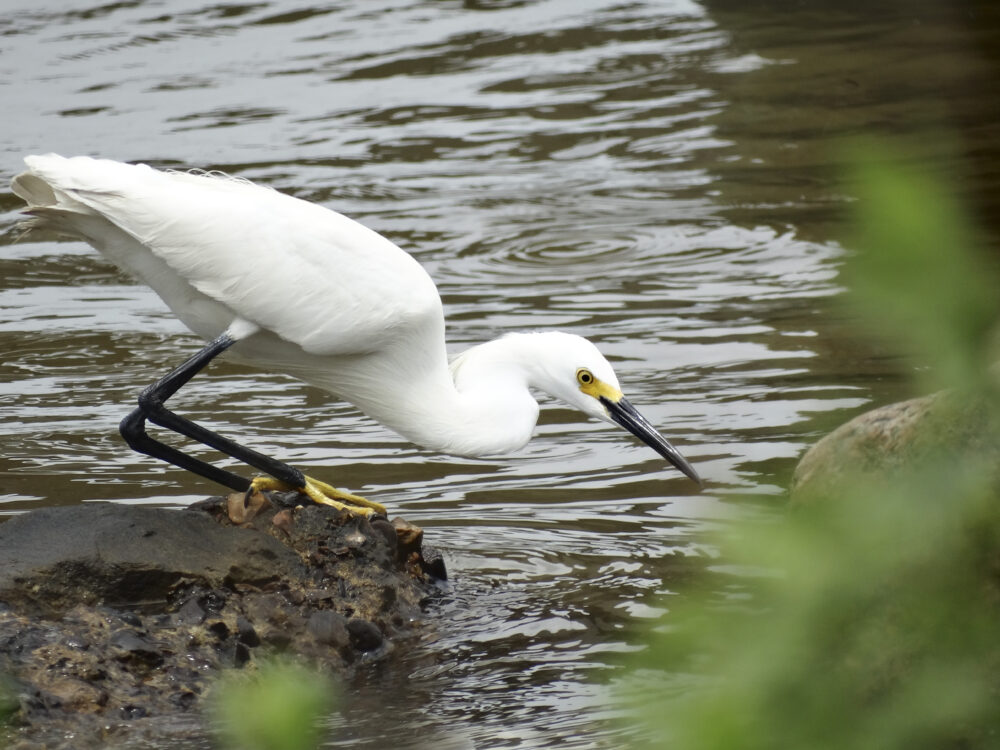
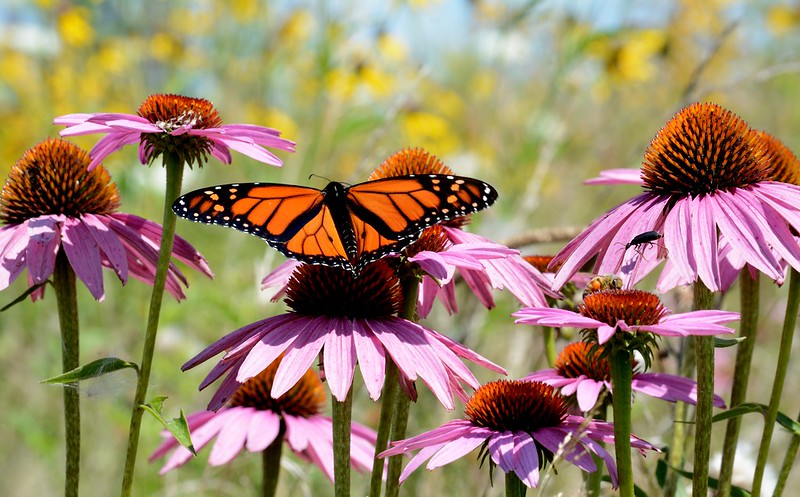


Building Momentum: What’s Next for Beaver Conservation in Colorado